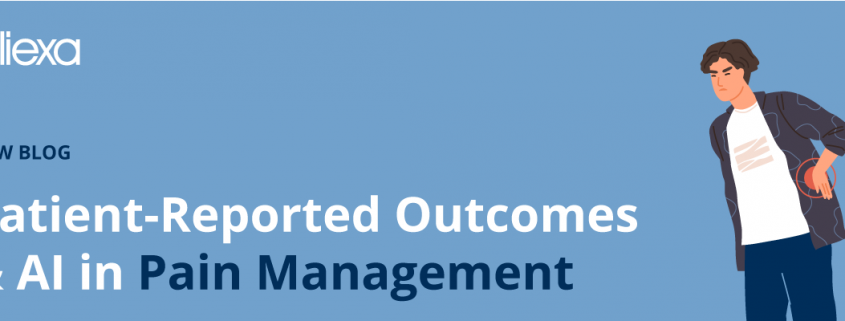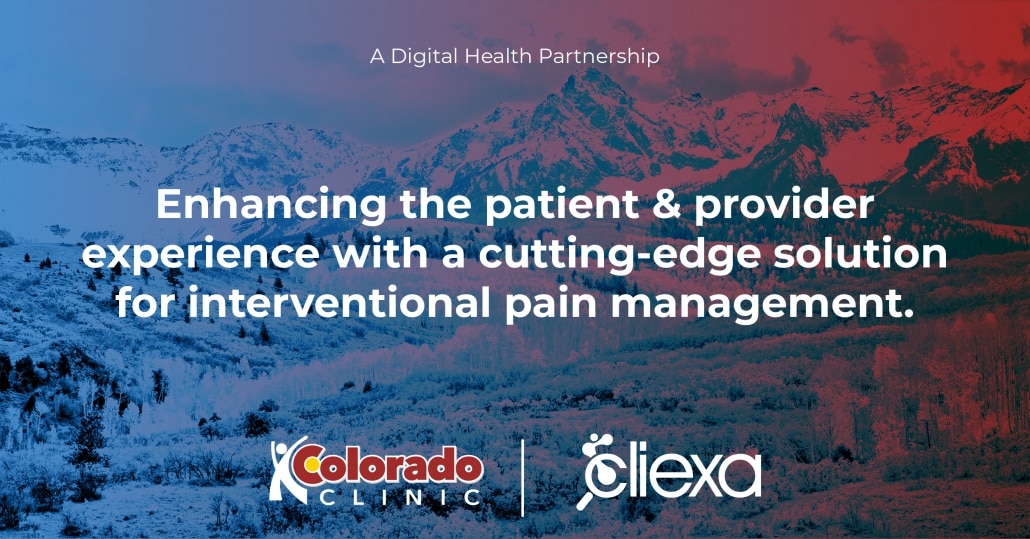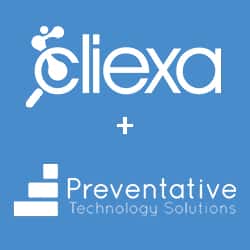Integrated pain management is a specialty that has grown in recent years. Patient-reported outcomes and AI in pain management can provide insights to improve treatment plans. During each visit to a clinician, patients complete assessments to inform their provider about their current conditions. Each of these assessments creates a profile for the patient about their current and ongoing symptoms. Each of these patient-reported outcomes is extremely useful in tracking the success of a treatment plan. Recently, artificial intelligence (AI) has become an integral factor in learning more about these outcomes. AI can be trained to learn how different factors in a patient’s treatment plan affect their outcomes.
With pain management, it is essential to assess each patient’s pain symptoms frequently. By digitally recording responses to patient assessments, these patient-reported outcomes can be tracked more efficiently. To provide more effective treatment plans, pain management providers are using patient-reported outcomes and AI more often.
How does AI in healthcare work?
AI starts with compiling lots of data. In pain management, each time a patient visits their physician, they fill out assessments about their current symptoms and pain levels since their last visit. The provider then takes the information, compiles it, and compares it to each patient’s recent medication and lifestyle changes. In addition to this, the patient may utilize physical therapy or behavioral health resources in their treatment plan. All of these factors come into play when a provider makes decisions about the patient’s ongoing treatment will be. What has worked for them in the past? Are they improving? What else can they try?
This is where AI comes into play. AI and machine learning can take all of these factors and learn what can be an effective treatment plan for each patient. By compiling this data, AI can infer from previous assessments what is more or less likely to work for that patient based on their historical data.
AI recognizes patterns in treatment plans as data becomes available. Using this information can make a well-defined course of action for the healthcare provider. By utilizing these patient-reported outcomes and AI in pain management settings, treatment plans become more successful in pain patients.
Why is Pain Management a focus for AI?
Many different healthcare specialties can use AI with patient-reported outcomes. However, pain management tends to include a myriad of external factors for each patient. Pain management can include patients with medication dependencies, behavioral health diagnoses, and chronic diseases. Because of these factors, it is difficult to accurately weigh each one as a patient treatment plan is formed.
Because the opioid epidemic is a continuing concern for healthcare providers, AI has come into play more heavily. Digital healthcare has become a key player in combating the opioid crisis with remote patient monitoring and risk assessments. Correct dosing for opioid prescriptions is a fine line between addiction and chronic pain in patients. This is why AI has become prevalent in managing opioid use in hospital settings in recent years.
It’s also important to note that pain management is a very iterative an ongoing treatment process, and can differ greatly between patients. For this reason, collecting patient-reported outcomes to derive treatment options has proven to be successful in recent years.
How can I get started using AI in my practice?
cliexa’s pain management platform (cliexa-Ease) incorporates patient assessments and utilizes them to create a comprehensive risk score for each patient. The Symptom Severity Score (FIBR), Dallas Pain Questionnaire (DPS), Medical Outcomes Survey (MOS Core, SF-36), and Pain Disability Index (PDI) are all incorporated into the platform.
As a provider, you can create a risk matrix based on your treatment preferences and utilize this digital tool to streamline patient assessments and risk. Determining risk of a patient is the cornerstone to their treatment plan. Risk assessments assist the healthcare provider to make decisions based on many different factors that can affect a patient’s overall risk. Also, by tracking medication adherence and compliance with each patient will allow providers to better track their symptoms over time. All of these features are included in the cliexa-Ease platform and can help you to better track patient outcomes using remote monitoring and integrated risk assessments.
Learn more about cliexa’s digital platforms.






